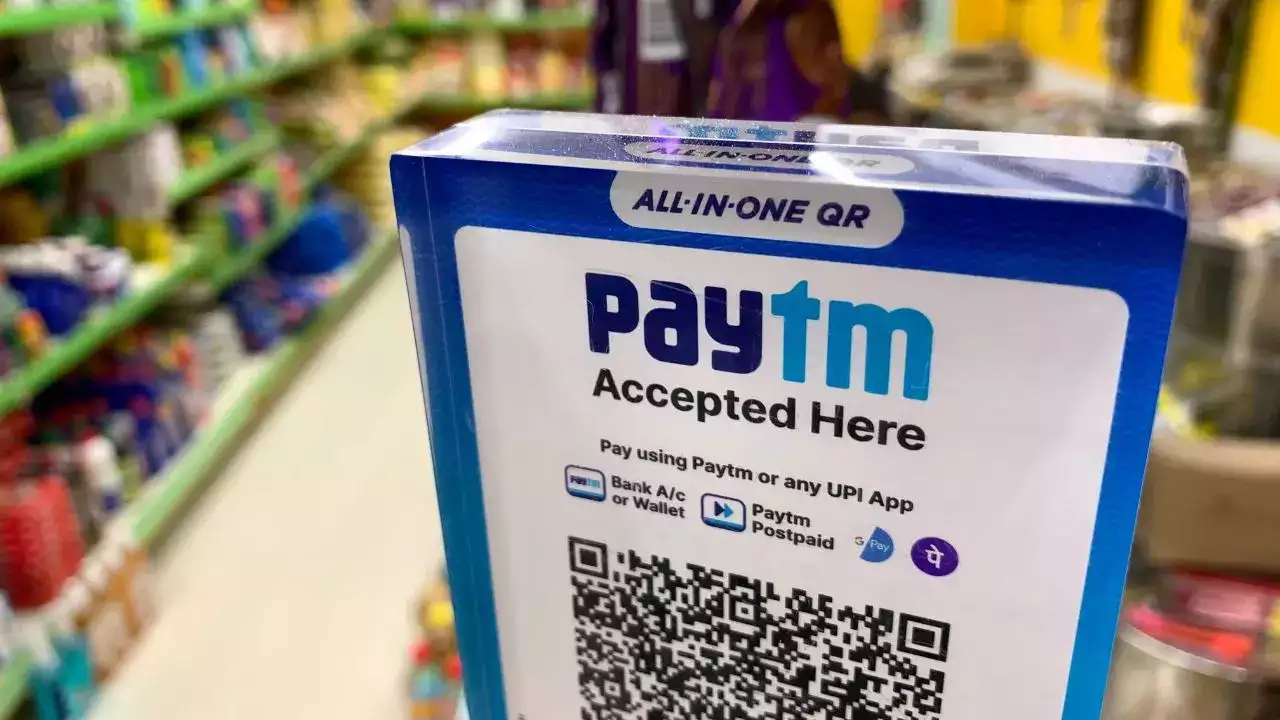TRENDING NEWS
Paytm Stock Surges 5%: Assessing the Impact of TPAP License News on Shareholders?

One97 Communications, the parent company of Paytm, witnessed a stock price surge of 5% on Friday, reaching Rs 370.90 on the BSE. This positive movement comes after the National Payments Corporation of India (NPCI) granted Paytm crucial approval to operate as a Third-Party Application Provider (TPAP) within the Unified Payments Interface (UPI) ecosystem.
Smooth Transition for Users and Merchants
This TPAP license from NPCI removes a significant regulatory hurdle for Paytm. The approval paves the way for a seamless transition of existing users and merchants to the new operating structure. Here's a breakdown of the key changes:
- Multi-Bank Model: Paytm will now function under a multi-bank model, collaborating with four prominent banks - Axis Bank, HDFC Bank, State Bank of India (SBI), and YES Bank.
- Payment Service Providers (PSPs): These four banks will act as Paytm's Payment Service Provider (PSP) banks, facilitating UPI transactions.
- Merchant Acquiring: YES Bank will take on the additional responsibility of merchant acquiring, handling both existing and new UPI merchants for Paytm.
- Paytm Handle Redirection: The "@Paytm" UPI handle will be redirected to YES Bank, ensuring continuity for users accustomed to this identifier.
- Migration Process: Paytm is advised by NPCI to expedite the migration of existing user accounts and mandates to the new PSP banks.
Shifting Business Model and Future Outlook
Analysts believe the TPAP approval marks a turning point for Paytm's business model. Here's what they expect:
- Shift to Pure Payment Service Provider: Without its own banking license, Paytm's model will resemble other prominent players like PhonePe, Google Pay, and Pine Labs.
- Deeper Engagement with Banks: Paytm is likely to forge stronger partnerships with banks and regulated entities to bolster its offerings.
- Business Scenarios: Jefferies, a brokerage firm, suggests multiple business scenarios could emerge depending on user and merchant retention rates, assuming no further regulatory restrictions.
- Normalization of Lending Business: Clarity on the path to normalcy for Paytm's lending business, currently partially suspended, will be crucial for its revenue and profitability trajectory.
- Focus Areas: Moving forward, key aspects to watch include user/merchant retention numbers, revenue growth, cost control measures, and the normalization of the lending business.
- Uncertainties Remain: Morgan Stanley highlights the need for further updates on the potential impact on Paytm's business during February and the revised commercial terms associated with the transition of Paytm Payments Bank's operations to other banks.
Overall, the TPAP approval signifies a positive development for Paytm, enabling a smoother transition for its user base and merchants. However, uncertainties remain concerning user retention, revenue growth, and the normalization of its lending business.
Latest News

STARTUP-STORIES








